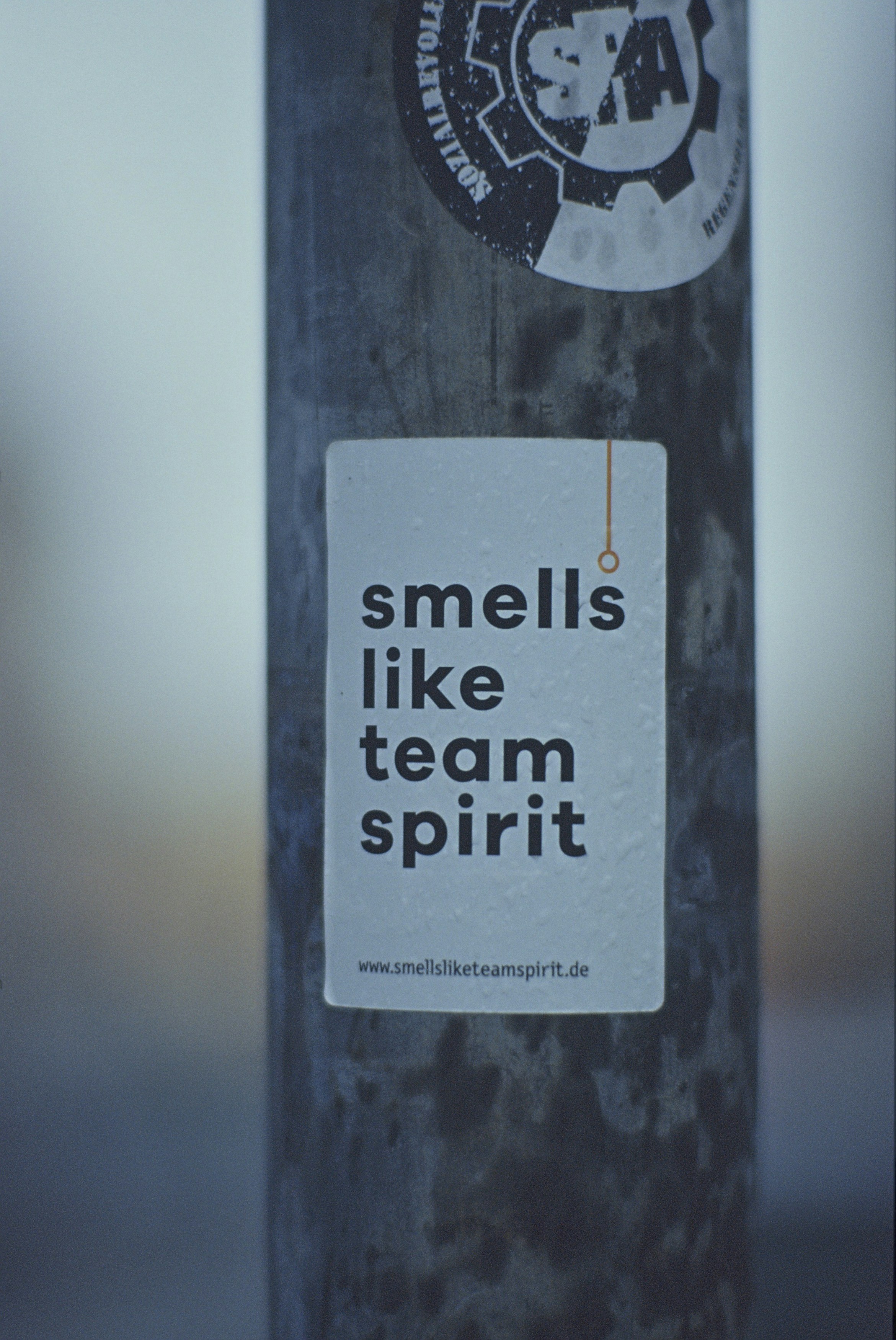The Healing Power of Laughter: Explore Humor Therapy for Wellness
What if I told you that a good laugh could be your best medicine? Imagine the kind of wellness journey that shifts from sterile consultations and solemnity to spontaneous laughter and joy. Welcome to the transformative realm of humor therapy, where laughter isn't just a fleeting moment of joy but a profound tool to enhance your health and wellness. In this article, we'll dive deep into how harnessing the healing power of laughter can elevate your overall wellness, giving you fresh insights and practical ways to incorporate humor into your daily life.
Understanding Humor Therapy: What Is It?

Humor therapy is an emerging field that combines laughter with therapeutic practices to help individuals cope with stress, anxiety, and even physical pain. Examined by experts and practitioners alike, humor therapy leverages the natural hormone release triggered by laughter, such as endorphins and dopamine, to create a positive impact on mental and physical well-being.
But what lies at the heart of humor therapy? It revolves around the understanding that laughter can transcend barriers, foster communal experiences, and catalyze change within our bodies and minds. Whether through comedic films, funny anecdotes, or playful interactions with friends, humor serves as a powerful conduit for healing and connection.
The Science Behind Laughter

Laughing might feel like a spontaneous reaction, but it's a multifaceted physiological event. Studies suggest that laughter triggers the release of neurotransmitters like serotonin, which alleviate stress and promote a sense of well-being. According to the Mayo Clinic, laughter can also decrease levels of certain stress hormones, supporting a healthier immune system and, interestingly, even lowering pain perception.
Additionally, laughter exercises various muscle groups, enhancing blood flow and increasing oxygen intake, much like a light workout. Isn’t it fascinating that something as simple as a shared joke can bolster your mental resilience, too?
How Humor Affects Mental Wellness

-
Stress Relief: Many people find themselves overwhelmed with daily obligations that induce stress. Engaging in humor—whether through comedies, memes, or live performances—serves as an escape, allowing us to momentarily disconnect from these pressures. Stress reduction not only enhances mental health but also supports physical health, making laughter a dual-purpose ally.
-
Enhancing Relationships: Humor nurtures connections. Sharing laughs can strengthen bonds with friends, family, or colleagues. Finding joy together generates a sense of community and belonging, which is crucial for emotional wellness. Trying group activities that invite humor, such as improv classes or laughter yoga, can rekindle connections in strained relationships.
-
Boosting Resilience: In tough times, humor can foster a sense of perspective. One of the most significant benefits of humor is its ability to help us cope with challenges. Viewing difficult situations through a comedic lens can transform despair into a source of resilience. This practice encourages a more adaptive, growth-oriented mindset.
-
Increasing Positivity: Regular exposure to humor can create an optimistic outlook on life. This positivity can lead to a cycle of good mental health practices; optimism often translates to better coping mechanisms, stronger communication, and enhanced problem-solving skills.
Incorporating Humor into Everyday Life

Embracing humor doesn’t require a comedic background. Here are several practical tips to weave laughter into your wellness routine:
1. Watch Comedies and Funny Shows

A regular regimen of laughter-filled entertainment can provide reliable doses of joy. Seeking out comedic films, series, or stand-up acts can uplift your spirits. Consider creating a weekly comedy night where you gather friends or family members to indulge in laughter together.
2. Practice Laughter Yoga

Laughter yoga is a unique practice that combines laughter exercises with breath regulation. Groups can come together to share laughter in an engaging way, regardless of their sense of humor. If a laughter yoga class is unavailable nearby, you can initiate your sessions with friends and family, even trying it virtually!
3. Join a Club or Class
Engaging in activities that prompt laughter or appreciation of humor can enhance your wellness journey. Many communities have improv classes or humor workshops designed to build both skills and confidence. These settings not only encourage laughter but also foster friendships.
4. Cultivate a Humorous Mindset
Practice finding humor in everyday life. Try sharing amusing anecdotes or playful observations with loved ones. Keep a humor journal to record funny moments or quirks you encounter daily. This practice nurtures an appreciation of life’s joyful elements.
5. Let Go of Perfection
Learning to loosen up and laugh at yourself can be liberating. Accepting mistakes and imperfections encourages resilience and a lighter outlook. Pursue activities that you enjoy without the pressure of achieving perfection.
Humor Therapy and Its Role in Medical Settings
Interestingly, humor therapy has also found its place in healthcare settings, offering significant benefits to patients facing serious illness. By integrating comedic practices in hospitals and caregiving contexts, practitioners have witnessed positive shifts in patient outlook and recovery processes.
Patients undergoing treatment often benefit immensely from humor therapy, with laughter aiding in pain management, emotional resilience, and coping with the stress of illness. Health professionals increasingly incorporate laughter into rehabilitation programs as a powerful antidote to anxiety and fear. You can read more about various modalities of wellness in articles like transforming mental health using mindfulness.
Humor Therapy for Kids and Adults Alike
Humor therapy is beneficial not just for adults but also for children. Laughter can help alleviate anxiety for kids facing school pressures, making the environment feel lighter and more approachable. Activities such as funny storytelling or engaging in humorous games can ease tension and encourage laughter among peers.
Consider setting up play dates or group activities that are centered around laughter and shared silly experiences.
The Limits of Humor Therapy
While humor therapy can yield remarkable benefits, it’s essential to recognize its limitations. It is not a standalone cure for severe mental health issues. Humor may complement traditional therapies, but it should not serve as a replacement for professional help when needed.
Creating a balanced approach by incorporating humor while also seeking professional advice, especially during crises, is vital for overall wellness.
Discovering Humor’s Cultural Significance
Humor differs across cultures yet shares a fundamental purpose: connection and relief. Understanding cultural contexts can elevate your appreciation for humor’s role in various communities. Different societies express humor through unique mediums, adjusting their styles to fit their values and traditions. Exploring these variations can enrich your understanding and mimic widespread laughter.
You can delve deeper into this fascinating subject through our article on the blend of wellness and creativity.
Mindfulness and Humor
An interesting fusion is combining humor therapy with mindfulness practices. Engaging in laughter while practicing mindfulness can elevate both effects. Imagine being present in a moment of joy, recognizing the humor around you, and allowing yourself to embrace it fully. This practice can create a holistic approach to wellness, marrying the lightness of laughter with the grounding sensation of mindfulness.
Consider adding humor to your meditation sessions by reflecting on joyful moments or funny thoughts. This approach can create an open, light atmosphere during otherwise serious practices.
Wear Your Humor Mask
One creative method of encouraging laughter, especially in social gatherings, is to embrace playful props or costumes. Wearing a funny mask or costume can serve as a social icebreaker, prompting laughter among friends and helping them feel more comfortable and engaged. This encourages playful interactions that can uplift moods and enrich connections with others.
Sharing Humor in the Digital World
With technology at our fingertips, sharing humor has never been easier. Social media platforms are teeming with comedic content. Be proactive in following accounts that spread joy through humor, and make it a point to share uplifting content with friends. Establishing a routine of sharing jokes, memes, or funny moments can foster a sense of community in the digital space—a valuable bonding experience that can have real-life implications.
Spreading Laughter as a Wellness Practice
Finally, consider making laughter a part of your daily wellness practice. Start each day by finding something to laugh about—whether it's reading a funny quote, sharing a joke with a colleague, or seeking something humorous in your morning routine. Laughter is contagious, and by bringing joy to your everyday life, you’ll inspire others to join you in the light-heartedness, creating a chain reaction of positivity.
Finally, how about putting it into practice? Set a goal to laugh at least once a day for a week and observe the changes in your mood and overall perspective on life.
Final Thoughts: Integrating Laughter into Your Wellness Journey
In conclusion, the healing power of laughter is a magnificent tool in the wellness toolbox. It's not just a passing moment of joy; it offers the potential to reshape our mental and emotional landscapes. Whether through participating in humor therapy or finding casual laughter in everyday interactions, it can transform your wellness journey.
Remember, the importance of engaging in self-care through this jovial medium cannot be overstated. Start cultivating opportunities for humor in your life today and witness its delightful effects on your overall wellness. After all, you deserve to embrace the joy that laughter can bring into your life!


